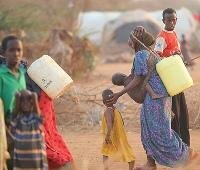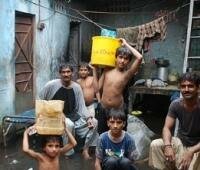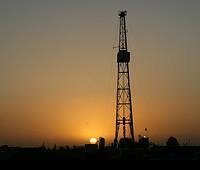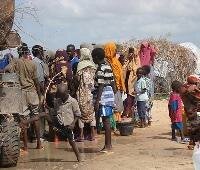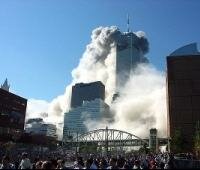Déjà vu: Famine and Crisis in Somalia
Issue:Marginalisation
Kenya and Ethiopia have large semi-arid regions that are also suffering from drought, but because they have governments in place and a modicum of infrastructure, and because they allow aid organizations access to populations in need, the immediate humanitarian threat is not as great. At the same time, however, these semi-arid regions are characterized by less development -- and less security – and are thus more vulnerable to conflict.
Over the past two decades, members of Somalia’s armed militias in the Horn of Africa have included violent Islamist extremists. Refugees and IDPs are particularly vulnerable to recruitment efforts by violent extremist groups and those fighting against them. And these spillover effects will continue to contribute to instability throughout the region until their root causes are addressed.
Article source: United States Institute for Peace
Image source: IHH Humanitarian Relief Foundation/TURKEY
Read more »Posted on 22/09/11
Socio-Political Factors and National Security
Issue:Marginalisation
National security in the traditional sense is connected with the idea of sovereignty; territorial security means freedom from risk of danger of destruction and annihilation by war, physical violence and/or aggression from outside. Traditional threats emanate from inter-state conflict and cross-border aggression. Since the nation state is supposed to have a monopoly of power for protecting the life and property of the members of the nation, they are deprived of power to defend themselves against aggression. The focus therefore previously being on external threats, state security has dominated the national security agenda.
With progressing globalisation, borders have become increasingly irrelevant, thus reducing the probability of external aggression. Conversely threats to a country’s security emanate internally because of lack of economic development, unemployment, failing internal security because of religious, sectarian and/or ethnic strife, shifting of identities in the wake of globalisation, radicalisation of society and growing terrorism thereof being recent additions.
Article source: EastWest Institute
Image source: NB77
Read more »Posted on 22/09/11
The Fight for Libya’s Oil
Issue:Competition over resources
While the remaining forces loyal to Muammar Gaddafi still hold out against the rebel militia and its NATO allies in the coastal town of Sirte, the fight for Libya’s oil has already begun. Europe’s oil companies are hovering like a flock of carrion birds over the carcass of Gaddafi’s regime writes David Anderson for the Politics in Spires blog.
Image source: Imahornfan.
Read more »Posted on 16/09/11
Is it Time for Sustainable Development Goals?
Issue:Marginalisation
From Millennium Development Goals to… Sustainable Development Goals? That’s one of the ideas swirling around in discussions ahead of the Rio 2012 sustainable development summit next year, writes Alex Evans for Global Dashboard.
Image source: UNDP.
Read more »Posted on 9/09/11
Conflict, Climate Change, and Water Security in Sub-Saharan Africa
Issues:Climate change, Competition over resources
The paper is a review of literatures on conflict, climate change and water security on Sub-Saharan Africa. It identifies poverty as a threat in Sub-Saharan African countries that may have effect on its water security. It analyses in Sub-Saharan Africa region, the conflict trend of water security in correlation with climate change impacts. It advocates sustainable water management as the ameliorative and mitigation approaches to the negative effects of climate change on water security in Sub-Saharan Africa.
Article source: peace and conflict monitor
Image source: Abdurrahman Warsameh for the International Relations and Security Network
Read more »Posted on 8/09/11
A War Gone Badly Wrong - The War on Terror Ten Years On
Issues:Global militarisation, Marginalisation
The atrocities in New York and Washington on 11 September 2001 led to protracted wars in Afghanistan and Iraq. Ten years after the attacks, this briefing assesses the consequences of the response from the United States and its coalition partners. It questions whether the response was either appropriate or wise and whether the results so far have been counterproductive and may indicate the need for a changed security paradigm.
Such a fundamental rethink of the way western governments respond to insecurity must go beyond the current approach in which intelligence, counterinsurgency and counter-terrorism are all beginning to merge into a seamless web of a single security posture. Such a posture is likely to be no more successful than the policies adopted in 2001.
Photo credit: Brian Boyd
Read more »Posted on 8/09/11




